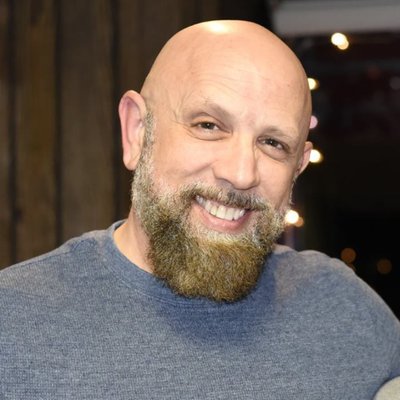
“We’ve got the votes in the House if it comes up for a vote” Last Saturday, the Poker Players Alliance (PPA) held its fourth Town Hall meeting in Las Vegas just down the hall from the excitement of the 2012 World Series of Poker. Speakers at the event included Congressman and sponsor of proposed federal online poker legislation Joe Barton (R-TX) and PPA board members Linda Johnson, John Pappas and Rich Muny.
Barton spoke about HR 2366—the Internet Gambling Prohibition, Poker Consumer Protection, and Strengthening UIGEA Act of 2011—indicating that even though he believed that Fred Upton (R-MI) may have political complications with supporting the bill, the US House of Representatives is “receptive.”
“We’ve got the votes in the House if it comes up for a vote,” Barton said. Likening the bill’s status to that of a yellow light, Barton said of the possibility the bill becomes law: “It’s a doable deal. It’s possible.”
However, Barton cautioned that if the bill does not advance in regular order during the month of July, it will likely need to be a post-election initiative. With the support of Harry Reid (D-NV), a pre-conferenced agreement could be reached allowing the bill to pass during a lame duck session at the end of the Congressional session.
PPA Executive Director John Pappas provided his view of current US legislative efforts. “Native American tribes have added a unique wrinkle to legislation efforts on both the state and federal levels.” On the state level Pappas believes Nevada is the model other states will follow and California has been “really screwed up” by competitive interests within that state. He also sees the number of poker players in California as an important piece to the overall success of online poker in the US.
He did express concerns over the state-by-state model that is taking shape. He indicated that the recent legislation structure passed in Delaware possibly threatens the interest of poker players: The state lottery will run the show and limit competition, compared to an open-market structure.
Other concerns of the state-by-state structure included the liquidity limitations of segregated player pools and the challenges financial institutions face in determining for whom they can process payments.
Papas admitted that the PPA has not engaged state lawmakers on the topic of minimum player protections, but he indicated that they will be working in that direction.
On the topic of federal legislation, Papas believes that the rumored Reid/Kyl bill—that would provide a carve-out for poker while strengthening the Unlawful Internet Gambling Enforcement Act (UIGEA)—is already done and could be packaged with must-pass legislation after the US presidential election. However, he cautions that House Republicans pose a challenge to such post-election legislation being passed.
Native American tribes have also added a unique wrinkle to legislation efforts on both the state and federal levels. Papas sees federal legislation as the path of least resistance for tribal interests. With 80% of revenues from tribal gaming coming from slot machines, the tribes stand to face less competition from legislation that allows poker—which accounts for only 1% of tribal gaming revenues—and restricts other forms of online gambling.
When asked if PokerStars would be allowed back in to the American market, Papas stated he believed it would be unconstitutional to restrct the online poker market leader without a criminal conviction. But he cautioned that allowing PokerStars to apply for a license does not gaurentee that they would receive one and that they would be subject to the same suitability reviews as other applicants.

